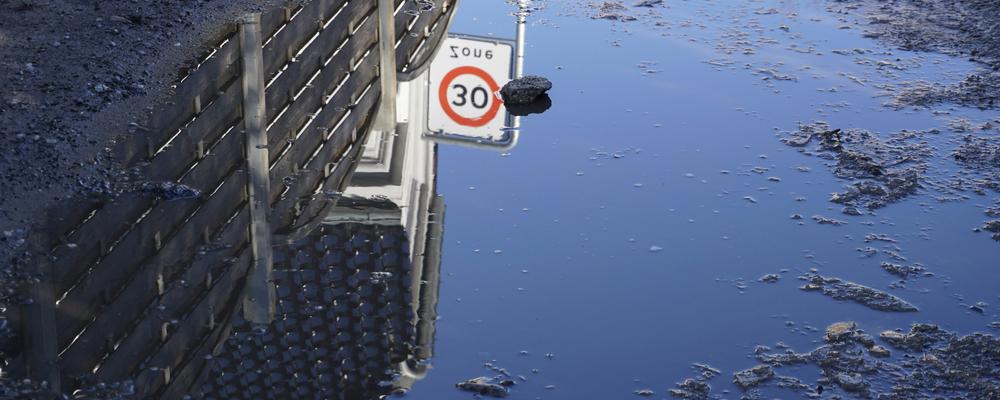Bild

Foto: Anne-marie Allesø Rasmussen
Reconstituting imagined communities of whiteness through racial banishment. The would-be deportation centre Lindholm and the “ghetto law” in Denmark
Forskning
Kultur & språk
Samhälle & ekonomi
CGM seminarium med Erling Björgvinsson
Seminarium